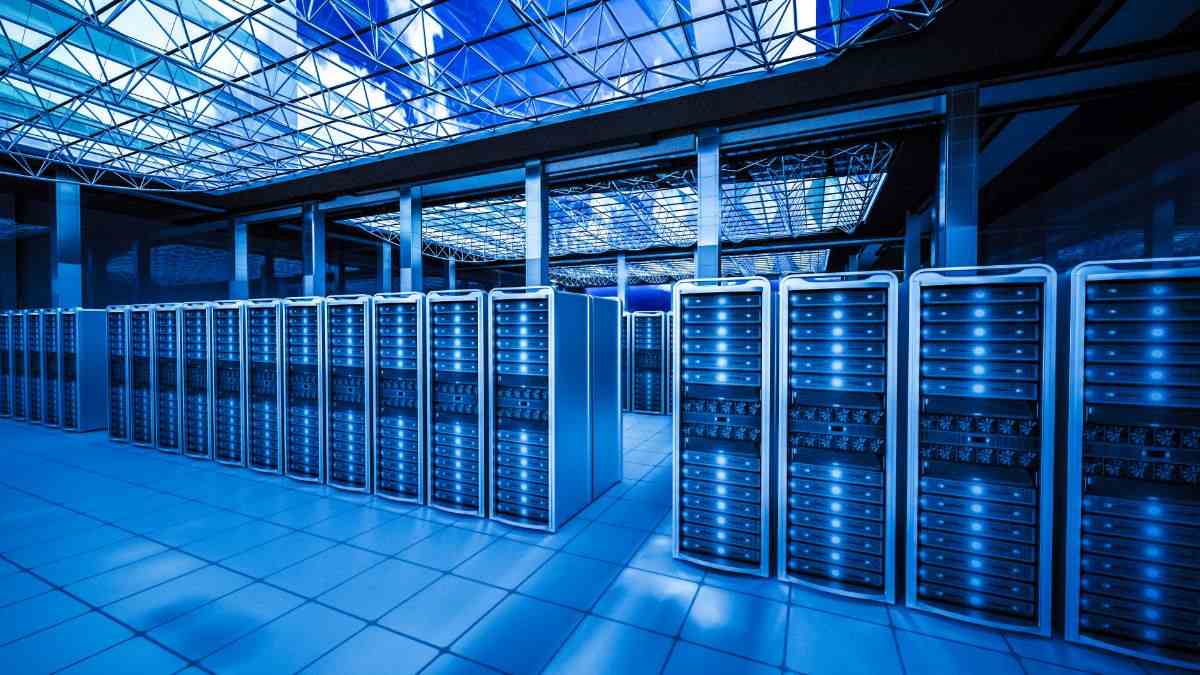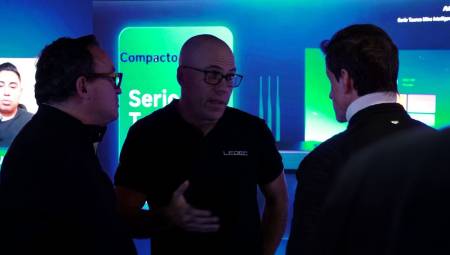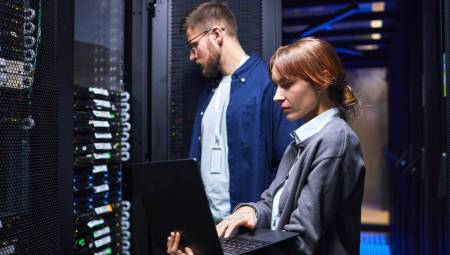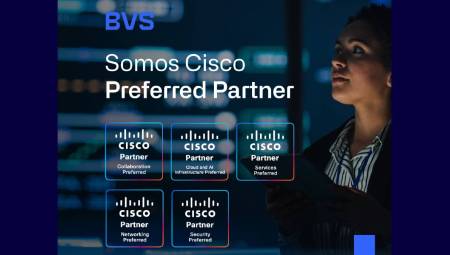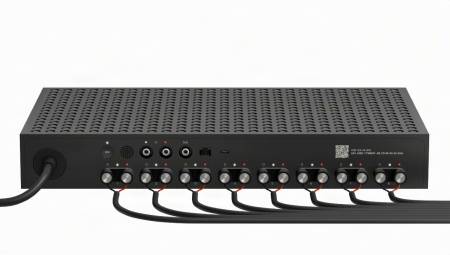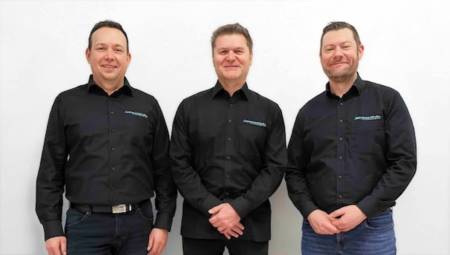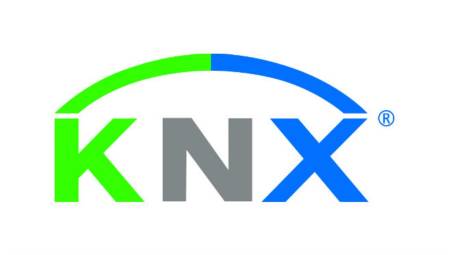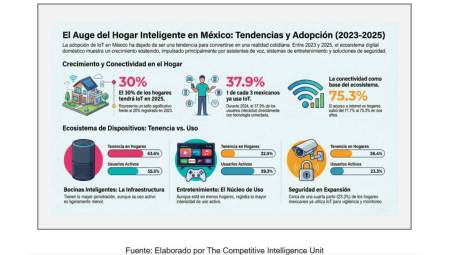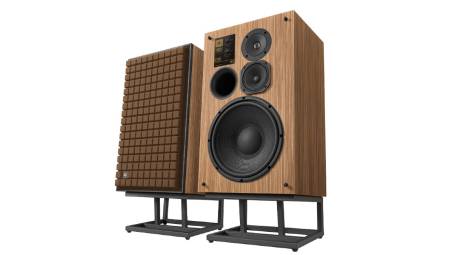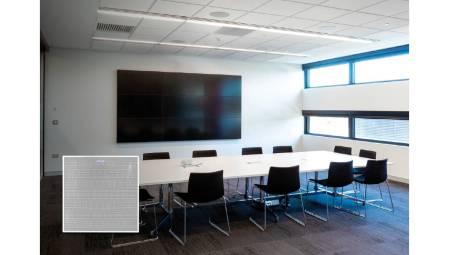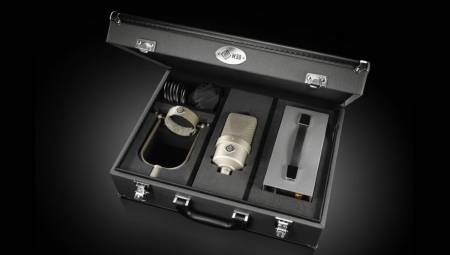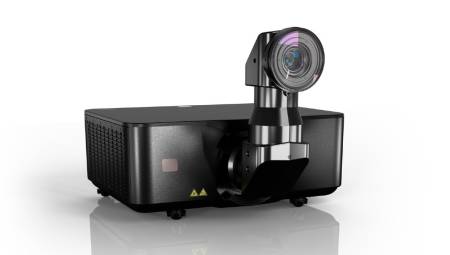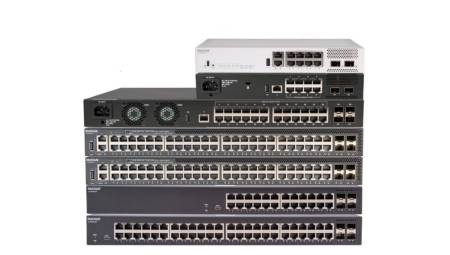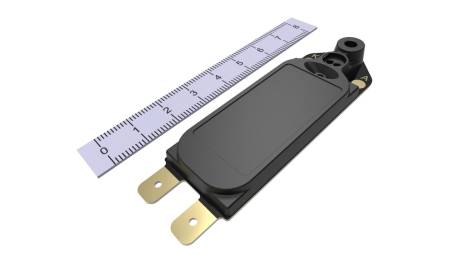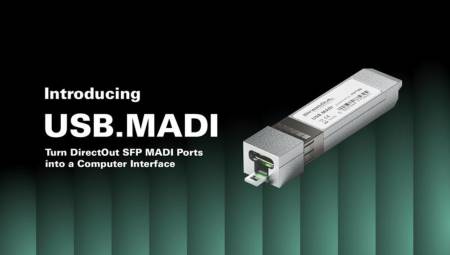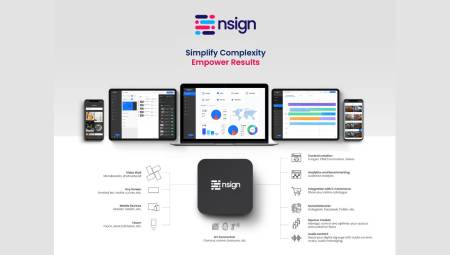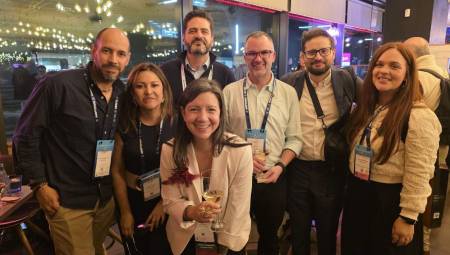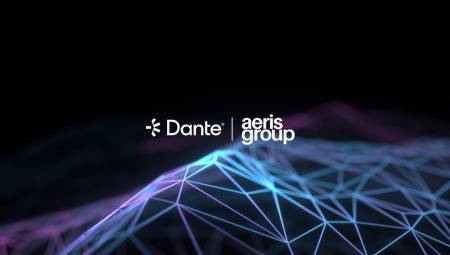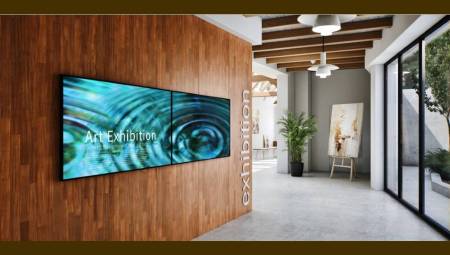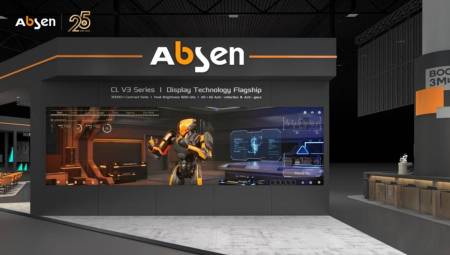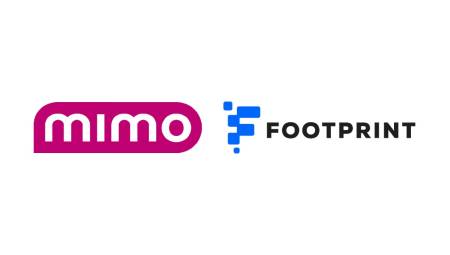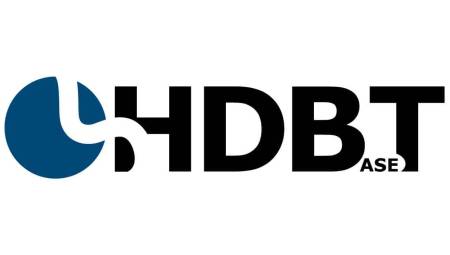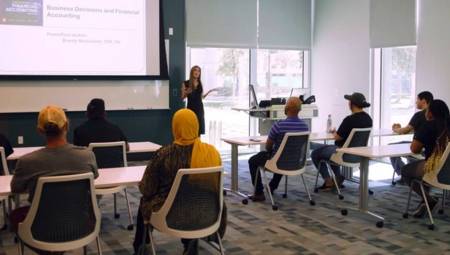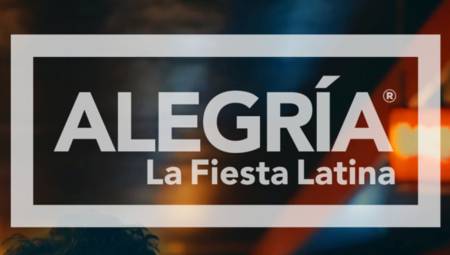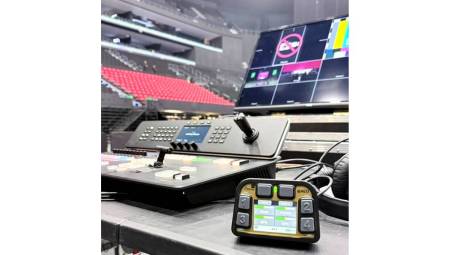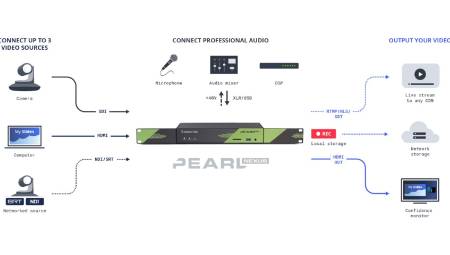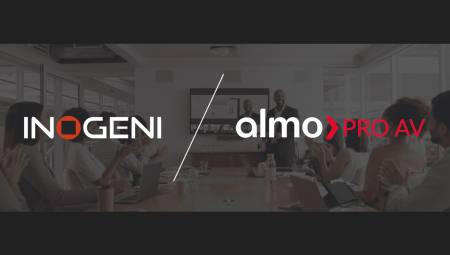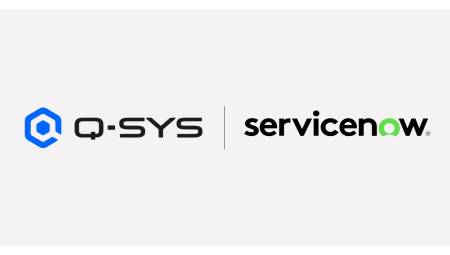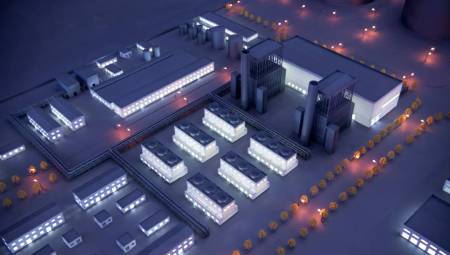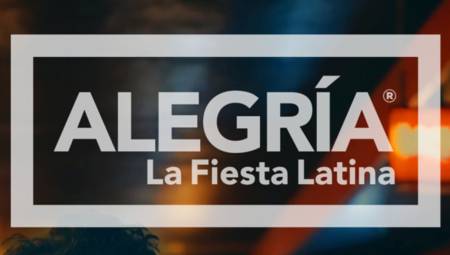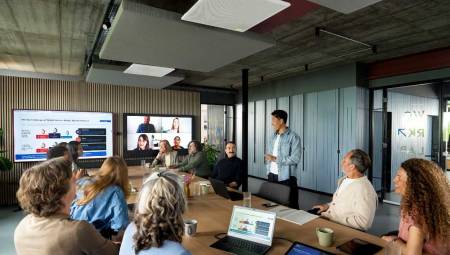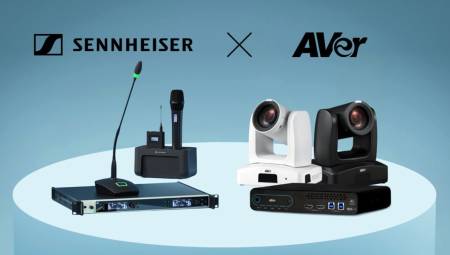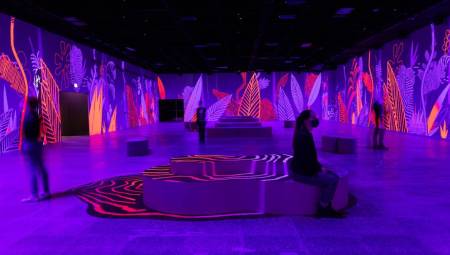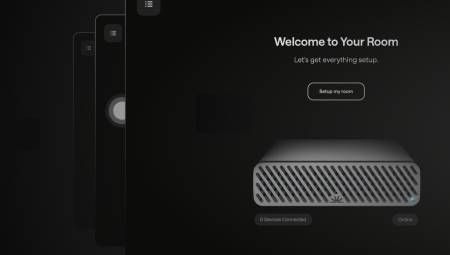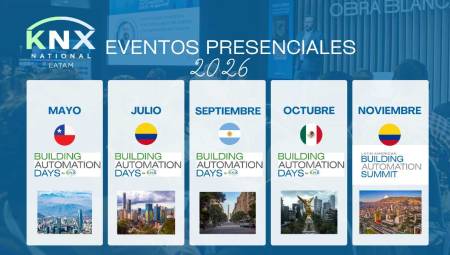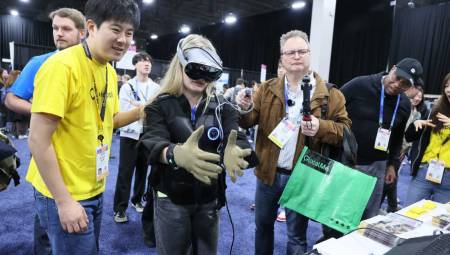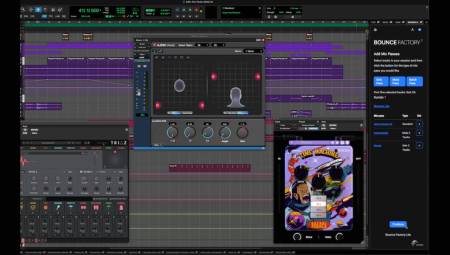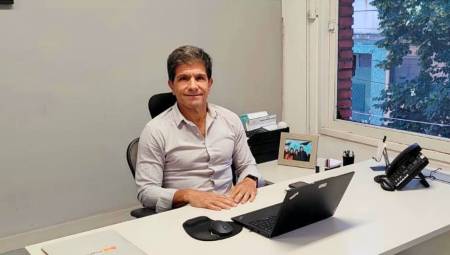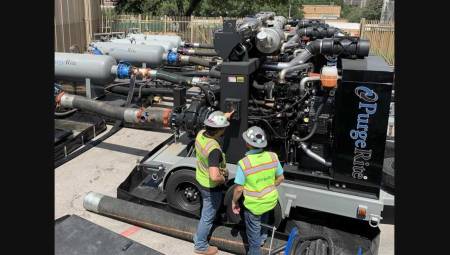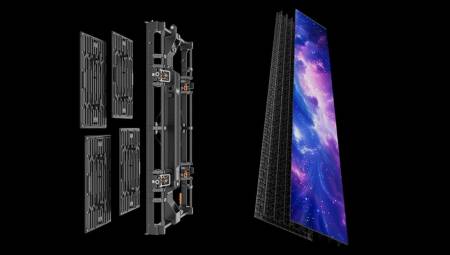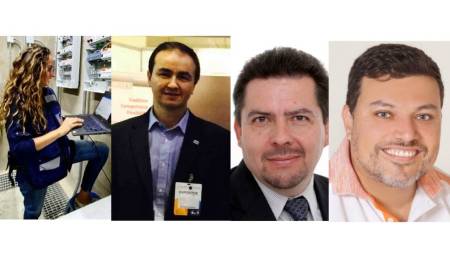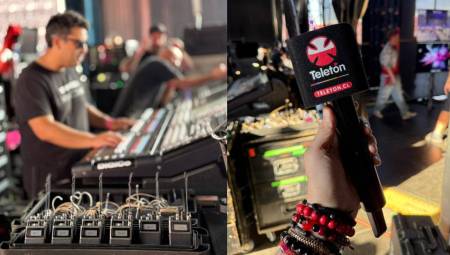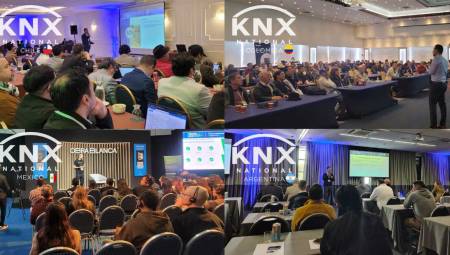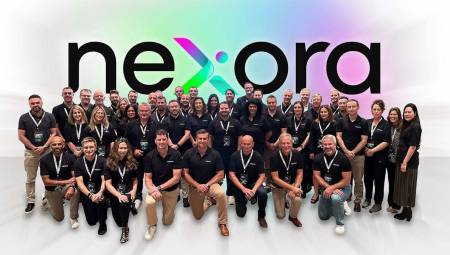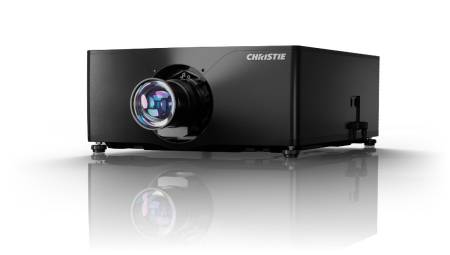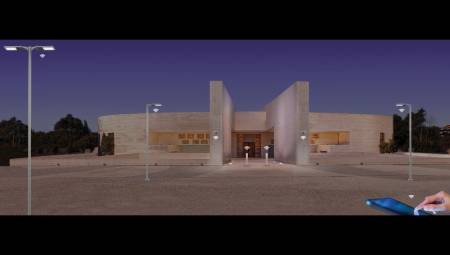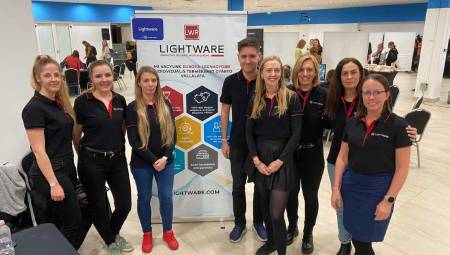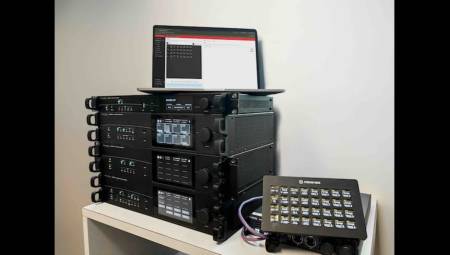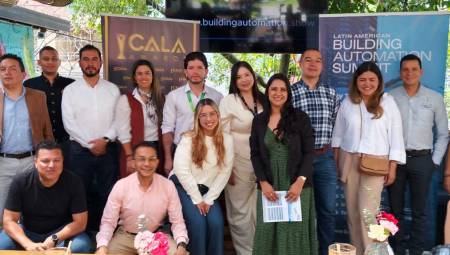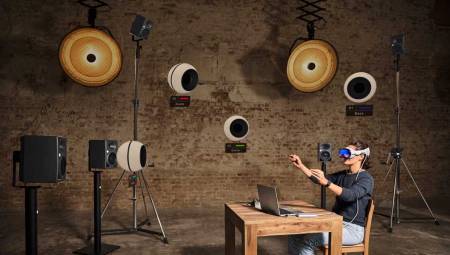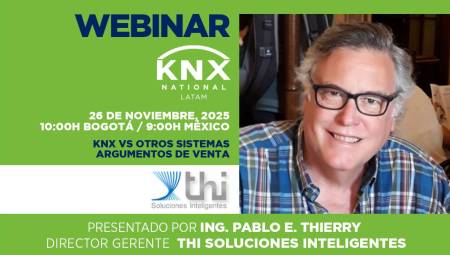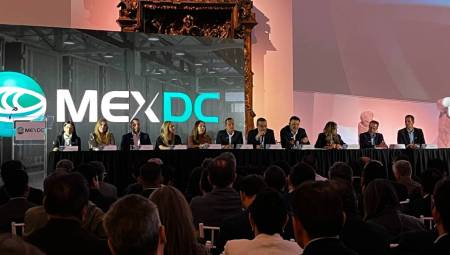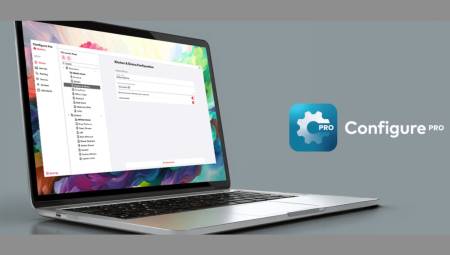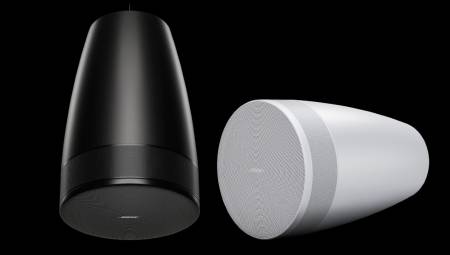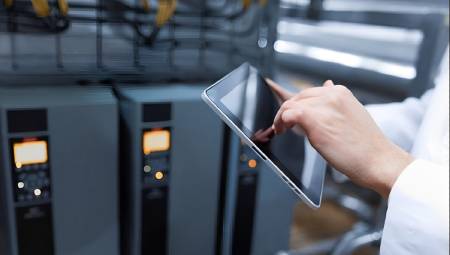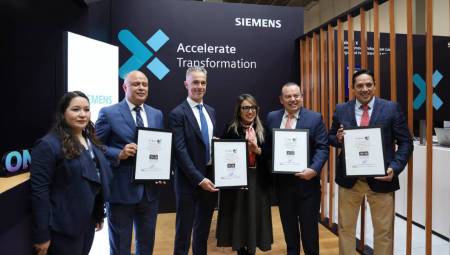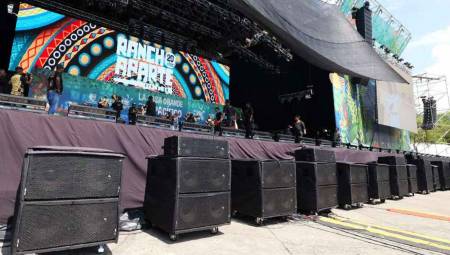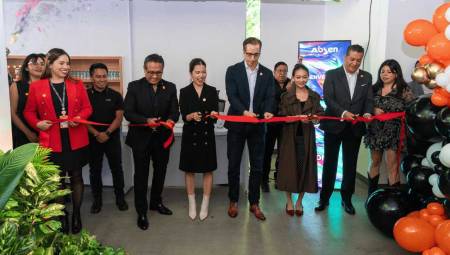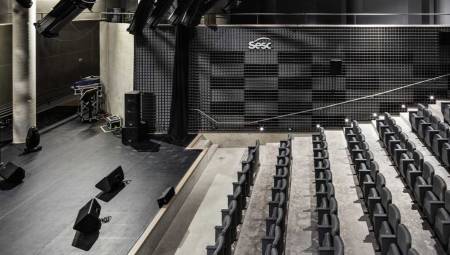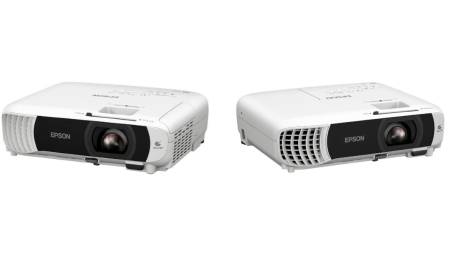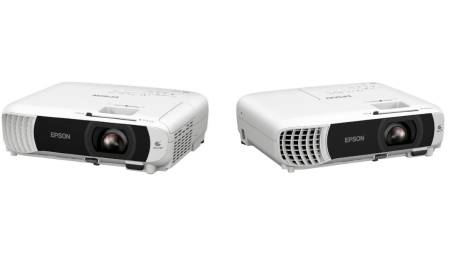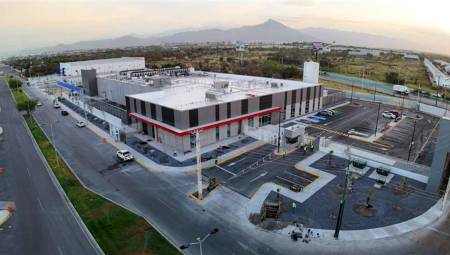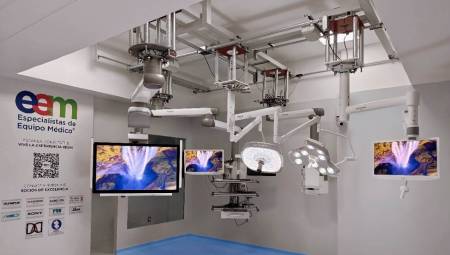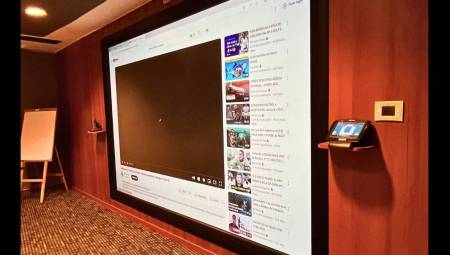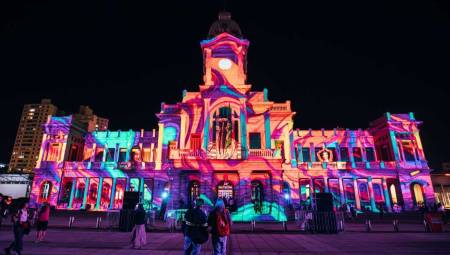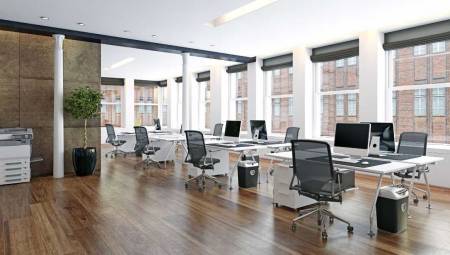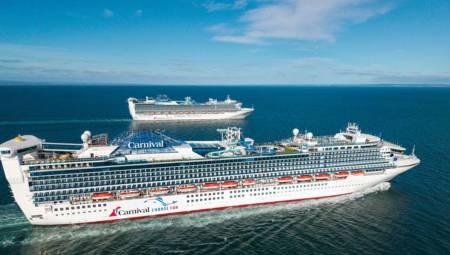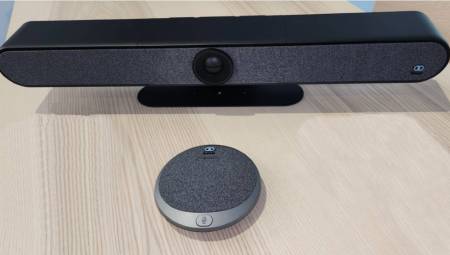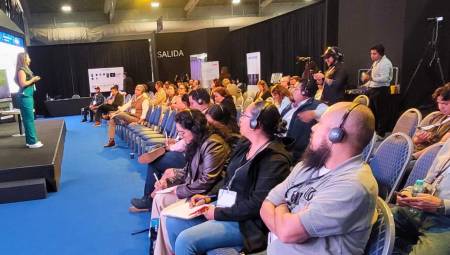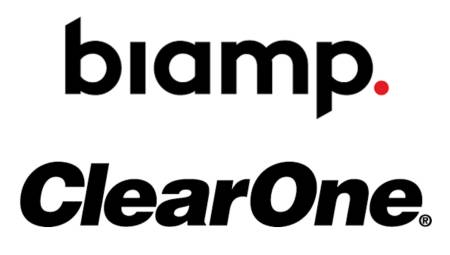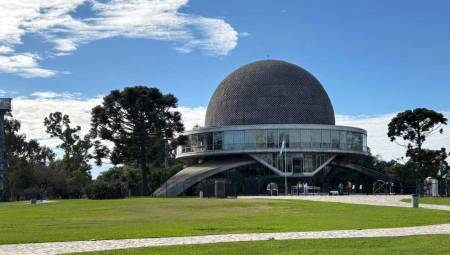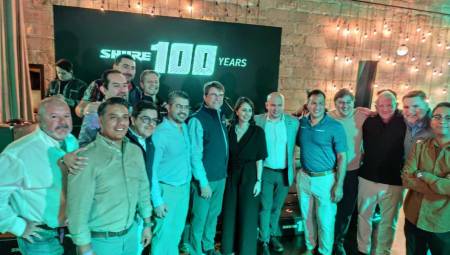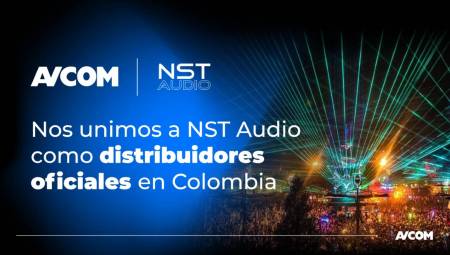Mexico. As more servers run their information processing in data centers, it is inevitable that they will generate a large amount of heat that must be dissipated in order for them to remain in optimal operation.
This is a thermodynamic challenge that is crucial for data center operators as cooling accounts for approximately 40% of total energy consumption. Leaders are constantly on the lookout for efficient solutions for two fundamental reasons: to avoid energy waste and to keep operating costs low.
There are cooling systems on the market according to the specific needs of each infrastructure, such as:
• Air cooling: This is the traditional method of keeping the temperature of servers in data centers under control. It works similarly to air conditioning at home, using fans to direct cool air over components that need to be cooled.
• Liquid Cooling: This system uses a cooling fluid to dissipate heat from servers efficiently. While most data centers still employ air cooling, liquid cooling is rapidly gaining traction. Thanks to its ability to transfer heat much more efficiently than air, liquid cooling allows data center operators to increase computing capacity in the same physical space. In addition, it improves the efficiency of servers by reducing the energy needed to operate the fans.
Equinix has supported custom liquid cooling implementations such as direct-to-chip cooling, designed for high-density processing hardware. With this technology, Equinix empowers digital leaders with the continued ability to evolve their next-generation liquid cooling designs.
• Building cooling system: Data centers have systems that remove heat from the entire facility, and there are two main types of building cooling systems.
o Air cooling systems, which expel hot air from the installation.
o Evaporative cooling systems, which expel water vapour from the installation.
Compared to air cooling systems, evaporative cooling can dissipate similar amounts of heat while consuming much less energy.
However, this method increases water consumption, making it less ideal for data centers in water-scarce areas. Operators must balance energy efficiency with responsible water use. In addition, non-potable water is sometimes used in these systems to preserve the drinking water supply in the community.
• Heat exchanger: This equipment is crucial for transferring the heat generated in the server room to the building's cooling system. There are several types of heat exchangers, including computer room air conditioning systems (CRACs), computer room air handling systems (CRAHs), and refrigerant distribution units (CDUs).
• Hot/cold aisles: This method uses physical barriers to optimize airflow. Cold aisles supply cool air to the front of server racks. As the servers operate, they generate heat that is expelled from the back into the hot aisle. Keeping cold supply air and hot exhaust air separate ensures that no energy is wasted on cooling air unnecessarily, thus improving efficiency.
• Heat Export: Capturing and transferring waste heat from data centers to a third-party heat network is an excellent example of circular economy in action. This process reuses and derives value from a resource that would otherwise be wasted. When heat comes from data centers that operate on 100% renewable energy, such as the more than 235 Equinix IBX colocation data centers, it becomes a low-carbon heat source for local homes and businesses.
• Free cooling: This method allows data centers to be cooled without consuming additional power. In places where the outside temperature is consistently colder than required within the data center, this naturally cold air can be harnessed instead of using artificial cooling systems. Operators should be flexible to use free cooling when available. In addition, you can take advantage of naturally cold water sources. For example, deep lake water cooling (DLWC) uses cold water from the depths of a nearby lake to cool the data center. The water is then returned to its original source, improving energy efficiency without increasing water consumption.
The American Society of Heating, Refrigerating and Air-Conditioning Engineers (ASHRAE) recommends keeping the temperature of enterprise-class data center equipment between 18°C and 27°C. In the data center industry, the average operating temperature is typically approximately 22.22°C, ranking at the midpoint of this recommended range.
By approaching the upper end of the recommended range, data centers can reduce power consumption while keeping hardware at safe temperatures. In a global data center platform, "adjusting the thermostat" just a few degrees Celsius can lead to significant improvements in energy efficiency.
"For us at Equinix, investment in liquid cooling technologies and the resources required for their implementation has been crucial to maintaining our leadership and innovation in the Data Center industry. We are convinced that energy efficiency, resource conservation and sustainability should be a priority in all companies," said Amet Novillo, CEO of Equinix Mexico.



